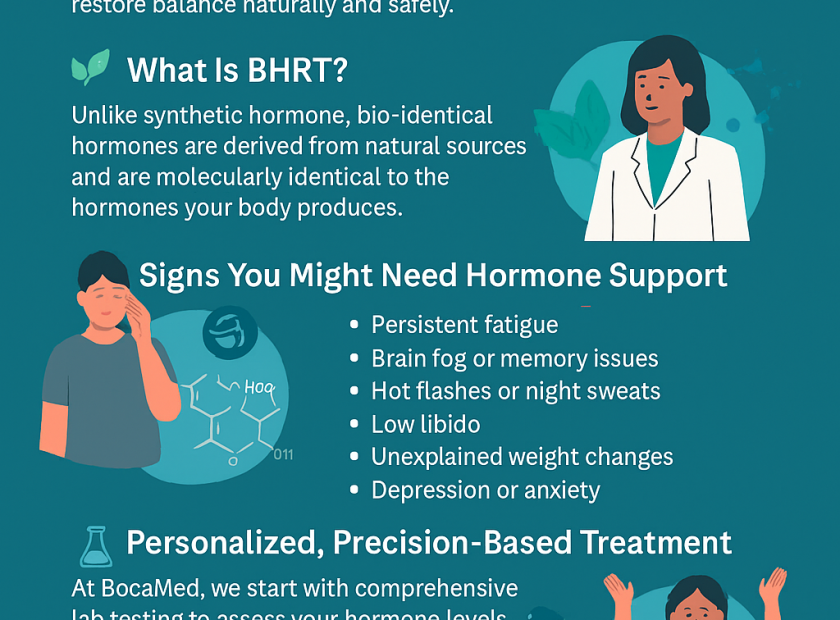5 Common Age-Related Health Concerns and How Family Medicine Can Help

As we grow older, our bodies undergo various changes that can impact our overall health and well-being. Age-related health concerns are common and can affect our physical, mental, and emotional health. However, with the help of family medicine, individuals can receive the support and treatment they need to manage and prevent these concerns. In this article, we will explore the top 5 common age-related health concerns and how family medicine can help.
Cardiovascular Disease:
- What is Cardiovascular Disease?
- Symptoms and Causes
- How Family Medicine Can Help
Osteoporosis:
- What is Osteoporosis?
- Symptoms and Causes
- How Family Medicine Can Help
Arthritis:
- What is Arthritis?
- Symptoms and Causes
- How Family Medicine Can Help
Cognitive Decline:
- What is Cognitive Decline?
- Symptoms and Causes
- How Family Medicine Can Help
Cancer:
- What is Cancer?
- Symptoms and Causes
- How Family Medicine Can Help
Bullet Points:
Cardiovascular Disease:
- High blood pressure and cholesterol are major risk factors for cardiovascular disease.
- Family medicine providers can help monitor and manage blood pressure and cholesterol levels.
- Lifestyle changes such as exercise and healthy eating can also reduce the risk of cardiovascular disease.
Osteoporosis:
- Osteoporosis is a condition that causes bones to become weak and brittle.
- Family medicine providers can recommend bone density tests and prescribe medication to prevent and treat osteoporosis.
- Eating a diet rich in calcium and vitamin D, and engaging in weight-bearing exercise can also help prevent osteoporosis.
Arthritis:
- Arthritis is a condition that causes inflammation and stiffness in the joints.
- Family medicine providers can recommend medications, physical therapy, and lifestyle changes to manage arthritis symptoms.
- Engaging in regular exercise and maintaining a healthy weight can also help manage arthritis symptoms.
Cognitive Decline:
- Cognitive decline is a term used to describe a decline in cognitive function such as memory, language, and thinking skills.
- Family medicine providers can recommend cognitive assessments and prescribe medication to manage cognitive decline.
- Engaging in regular exercise, maintaining a healthy diet, and socializing with others can also help maintain cognitive function.
Cancer:
- Cancer is a condition characterized by the growth of abnormal cells that can invade and damage surrounding tissue.
- Family medicine providers can recommend cancer screenings and refer patients to specialists if necessary.
- Engaging in regular exercise, maintaining a healthy diet, and avoiding tobacco and excessive alcohol consumption can also reduce the risk of cancer.
FAQs:
Q. What is family medicine? A. Family medicine is a medical specialty that provides comprehensive care for individuals and families of all ages.
Q. What should I expect during a family medicine visit? A. During a family medicine visit, your provider will assess your overall health and address any concerns or health issues you may have. They may recommend preventative screenings and provide education on lifestyle changes to improve your health.
Q. How can I find a family medicine provider? A. You can find a family medicine provider through your insurance provider’s website, or by searching online for family medicine clinics in your area.
The Importance of Early Detection
Conclusion
As we age, it’s important to be proactive about our health and well-being. Family medicine providers can offer support and treatment for the common








